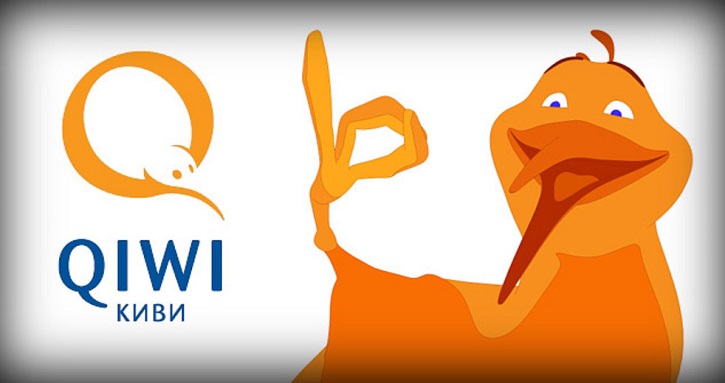A new blockchain-based digital currency called project BitRuble is expected to launch in early 2016 sais Sergey Solonin. Russian payment service provider Qiwi has reportedly invested “several hundred million rubles” to develop the first cryptocurrency designed for the Russian market.
BitRuble
Qiwi’s General Director Sergey Solonin stated:
"This project will be discussed with the Central Bank of Russia in the coming days once again. Furthermore, we sent a letter describing the project to the authorities."
Blockchain technology will serve as the basis for the BitRuble. However, the fate of this currency might solely depend on whether Russia’s Central Bank and the government will give the project the green light according to CEO and co-owner of Qiwi, Sergei Solonin.
But while Russian officials may be warming towards the idea of digital currency despite warnings that it could aid the financing of terrorism and money laundering, the main obstacle for the BitRuble is that the issue of money can only be carried out by the Central Bank of Russia.
“This is why without it is impossible to launch the cryptocurrency in Russia without the regulator’s approval,” added Solonin.
Thus, the exact launch date depends on the time needed to clear the project with the government. Meanwhile, the Central Bank’s press service reported that bank head Elvira Nabiullina repeatedly noted that "digital currencies can be used for carrying out suspicious transactions, so the agency is carefully studying the issue and will be engaged in the regulation of this field, if necessary."
Therefore, it is unsurprising that the BitRuble will not be pseudo-anonymous like bitcoin due to the aforementioned Anti-Money Laundering (AML) and Know-Your-Customer (KYC) policies pursued by the regulator. Solonin said:
“We are working to create a system to identify cryptocurrency users.”
Developers will spend a year to find the solutions for any technological problems that BitRuble may face in future. Solonin explained that the company plans to add several elements of blockchain technology or “bitshares” [sic] to the Qiwi system as early as the beginning of 2016 to significantly reduce the cost of existing processing services. Therefore, the cost of traditional currencies transaction will become cheaper for the company.
Moreover, Solonin claims that these technologies can change how traditional property is registered. Besides its function as a currency, the blockchain could also be used for secure record-keeping and as a registry for property rights, securities and other types of assets, just to name a few.

Will others follow?
Qiwi’s Russian competitor Yandex.Money doesn’t see the possibility of working with cryptocurrency, however, according to company representative Nadezhda Kiyatkina. "The number of cryptocurrency users is still quite small,” she said. “And it seems that creating simple and easy to understand products based on real money will be a lot more reasonable for a while,” she noted.
This contrasts with the position of PayPal, which began accepting bitcoin for its merchant program a year ago in the Unites States. The Head PayPal’s Russian branch Vladimir Malugin stated that blockchain and “bitshares” technology might have a lot of potential for the fintech market.
